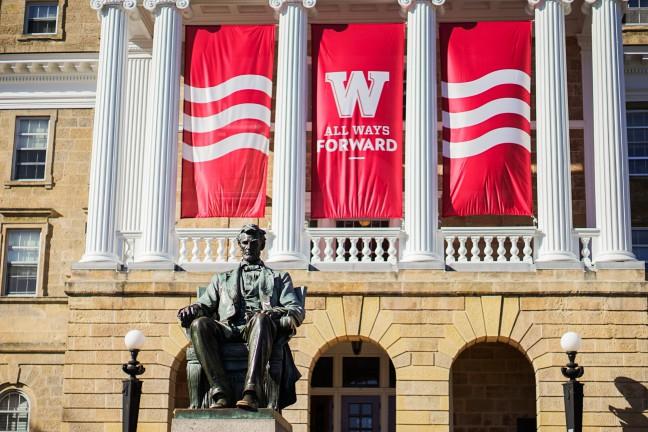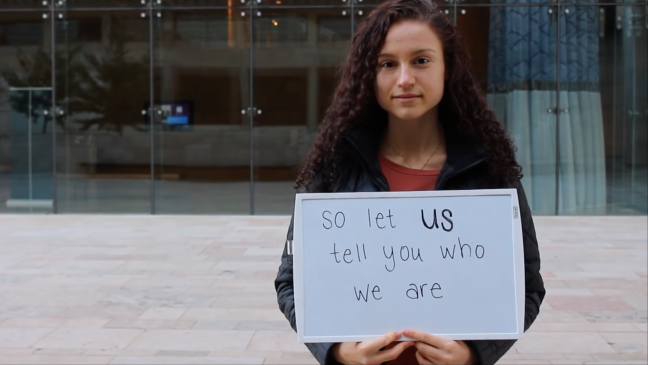The problem of rising textbook costs is applicable to all students, across all disciplines. And while the increased activity of grassroots efforts, such as the Associated Students of Madison book swap, and the increased visibility of online resources, such as Half.com or Chegg.com, have helped abate the issue in the short term, Taylor Cox’s article (“Minnesota professors help cut textbook costs”) on Jan. 20, 2009, left out a crucial component when it failed to mention the costs-reducing potential open-source textbooks could provide. If the university continues to promote only the status quo regarding the textbook market, the increasing aggression of textbook publishers in their issuance of new editions and frequent bundling of unnecessary supplementary materials will continue to slowly cripple the used and second-hand textbook market until it ceases to be effective.
The solution is to approach the problem at the source, for students and faculty alike to exert the market force they are entitled to as consumers and increase the adoption of open textbooks and learning materials. Unlike traditional textbooks issued by major publishers, open textbooks use a unique copyright system that allows students to read them for free online, download copies to print, and purchase bound copies for as little as $20-$30 a copy. Open textbooks also have the advantage of being infinitely adaptable to the needs of the instructor, allowing them to edit the text as the needs of a given course change from year to year, potentially eliminating the need for new editions and the crippling effect they have on the used book market.
Aside from the obvious immediate benefits that switching to open-source textbooks will have on the affordability of post-secondary education, there are also numerous long-term positive effects that will be generated by their adoption. The most prominent of these will be the promotion of an infrastructure for greater competition. The greater flexibility in copyright offered by open textbooks will slowly correct for the current market deficiencies, and will ultimately force large publishing companies to either adapt to the changing market or face loss of profits. The Wisconsin Student Public Interest Research Group has been at the forefront of the effort to increase awareness regarding the open-source movement by meeting with faculty and staff and providing up-to-date information as new advancements are made. ?
The technology and infrastructure to make open textbooks the standard, instead of the exception, in our educational system is available now. There is no better opportunity for the University of Wisconsin to further its reputation as a premier research institution than by leading this informational revolution. While students may be unable to control for the rising cost of tuition in the wake of the economic downturn and state budget deficit, textbooks are one educational cost they have a potential to influence — both to the benefit of themselves and their own education.
Jared Forney
Senior, Political Science
Open Textbooks Project Coordinator
WISPIRG
[email protected]




















